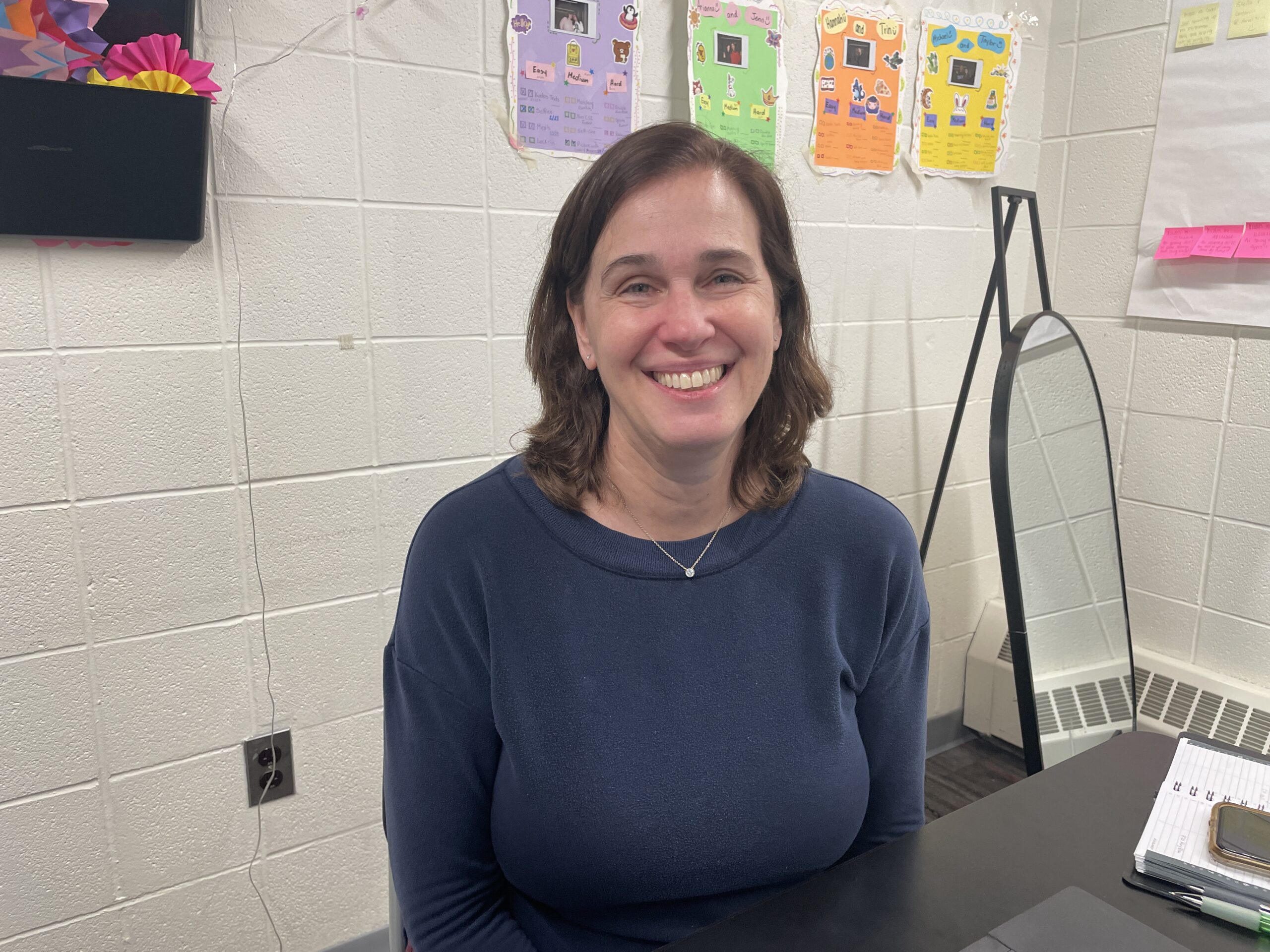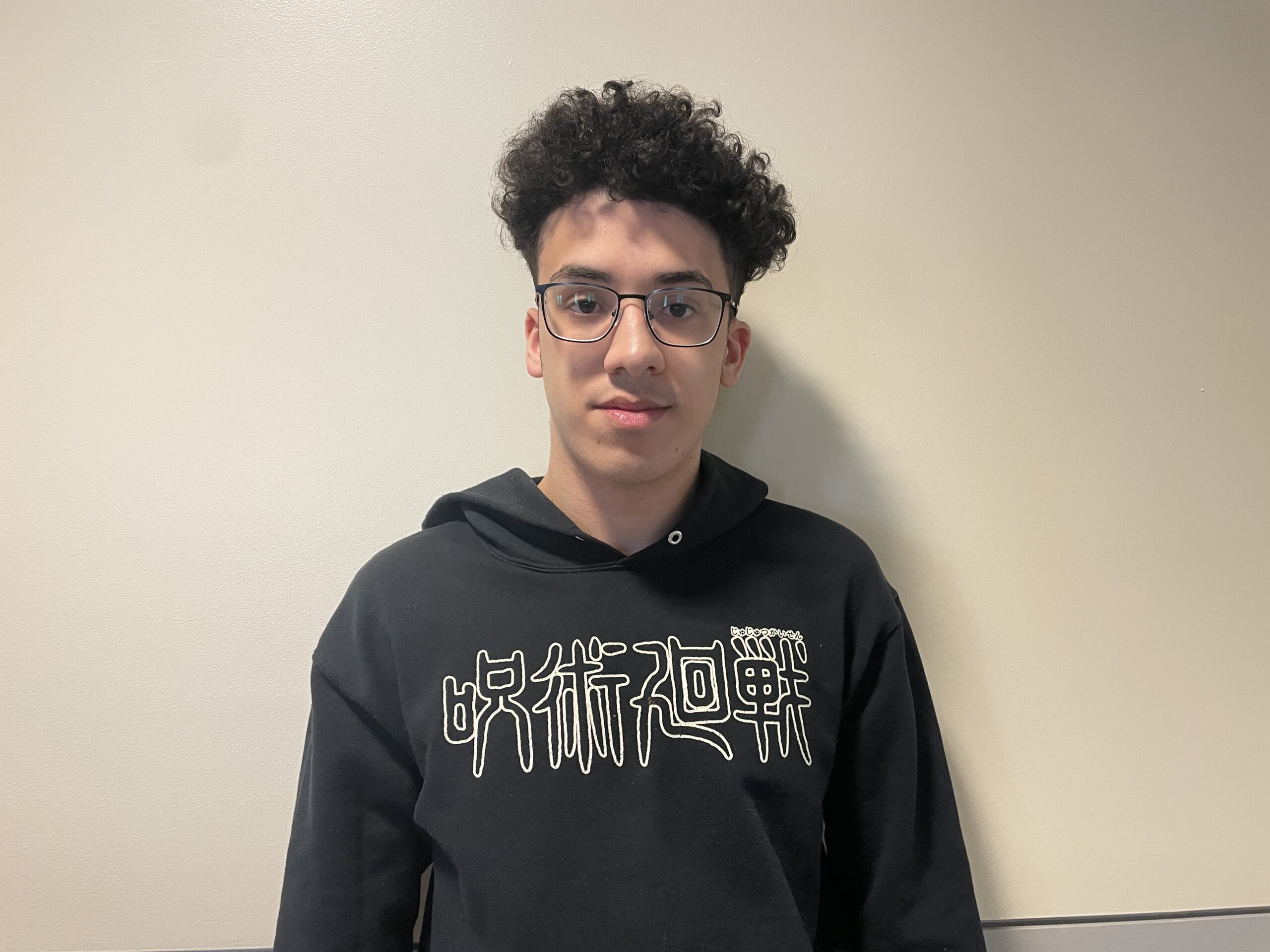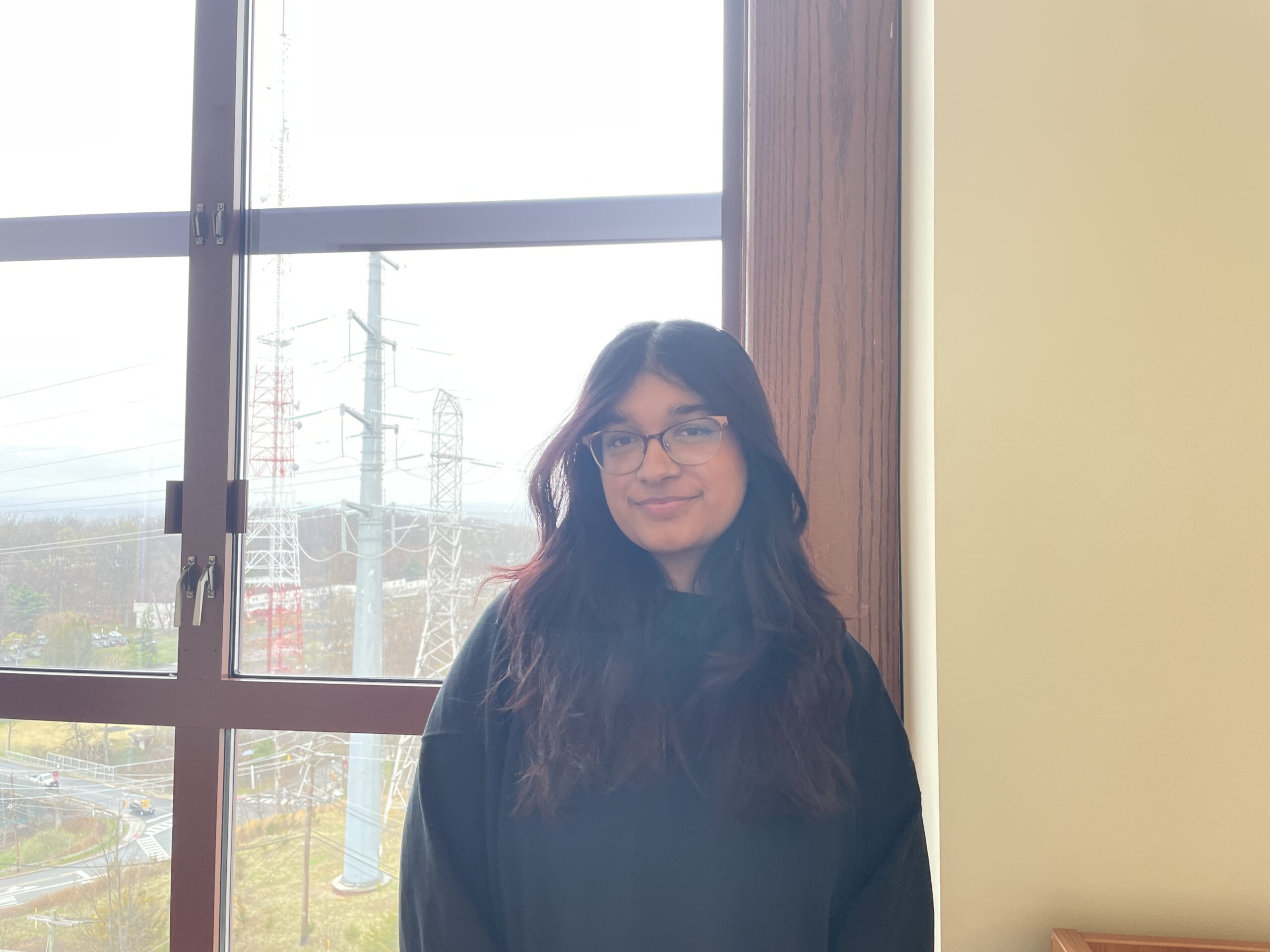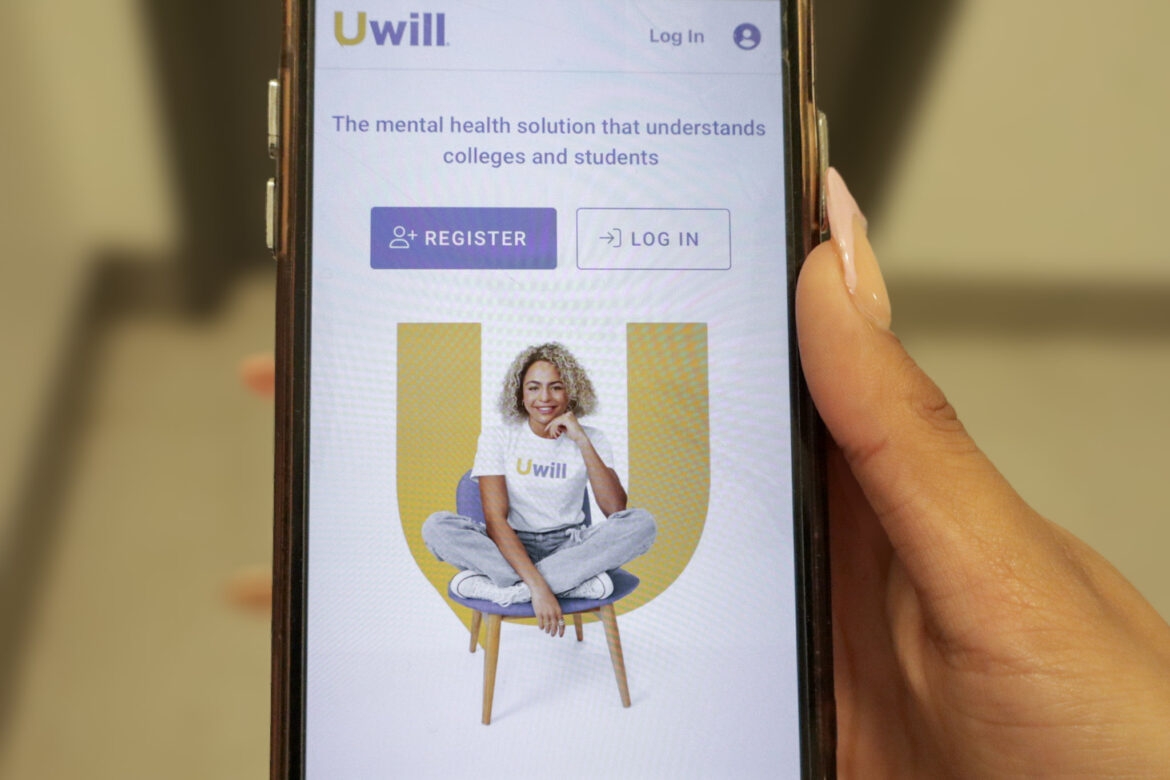College life can be overwhelming with academic pressures, extracurricular activities, and personal challenges, leaving students worn out and often putting their mental health on the back burner. However, with the rise of telehealth services, students can have access to mental health support from the comfort of their homes.
Montclair State University students can access a range of free teletherapy services offered through the Counseling and Psychological Services (CAPS), including a partnership with Uwill, an online platform that connects students to licensed counselors for teletherapy sessions.
Telehealth services have increased in popularity among students who need help managing stress, anxiety and other mental health concerns. They are convenient and accessible for those who commute, have jam-packed schedules or are hesitant to try in-person therapy.
Dr. Jaclyn Friedman-Lombardo, director of CAPS, emphasized how teletherapy has transformed student engagement with mental health support.
“I’ve seen more students engaging in off-campus therapy, which is definitely positive because they don’t have to get there,” Lombardo said. “Now they’re on campus, they can continue with that person via telehealth. So I feel like we have more students now that are in treatment because of telehealth and I think that’s definitely a significant success.”

Director of Counseling and Psychological Services(CAPS) , Dr. Jaclyn Friedman-Lombardo at CAPS Let's Talk. Photo credit: Emily Ramirez
When it comes to accessing mental health care, students face challenges, whether it be time conflicts, transportation or financial constraints. Telehealth services have helped overcome these challenges by being a flexible and convenient alternative.
Lombardo shares how teletherapy is a great option for these types of students, “What I love about telehealth is it’s convenient for students, who are commuting or they have like a challenging schedule, they can’t get to campus or they’re trying to squeeze the appointment in between classes, but they can’t get to the counseling center.” Lombardo shared.
“[Telehealth] increases accessibility and for some students, it’s more convenient or let’s say there’s a student who’s sick, but they still want to do their appointment. Well, now we’re not being exposed to their sickness, but they can still have their appointment on telehealth.”
Samantha Alvarez, a junior CAPS ambassador, highlighted how telehealth options like Uwill have made mental health services more accessible.
“Telehealth has made mental health services more accessible to students. Some of us may not always be on campus or have a really busy schedule. Telehealth can allow students to better access help during times that may be more convenient for them and from the comfort of whatever space they’re in.”
Caillou Rivera, a senior CAPS ambassador, added that accessibility and affordability are key factors in encouraging students to engage with these telehealth services.
“The cost is a big thing,” Rivera shared. “[That’s] one of the biggest barriers for students, being able to access mental health services. [Uwill] is completely free, which is a big, big thing when it comes to therapy and accessing that kind of stuff.”

Caillou Rivers, a CAPS ambassador at University Hall. Photo credit: Emily Ramirez
Ximena Garza-Flores, a sophomore educational foundations for elementary teachers major, shared her experience with telehealth services.
“I used Uwill,” said Garza-Flores. “I think Uwill is a great service for those [who are] really sporadic, short-term term or not even short-term, but even long-term moments when you just really need someone right then and there. Therapy is a very scary thing. I was very scared to approach it. But it is truly a very good service,” Flores said.

Ximena Garza-Flores, a sophmore at University Hall. Photo credit: Emily Ramirez
Mehrose Javed, a freshman psychology major, highlighted the importance of the site’s accessibility to students.
“As someone who can’t really afford going to therapy normally, it’s nice to hear that it does come from the school,” Javed said. “I hope that due to the climate right now, it doesn’t change, but I think that’s really important that students get access to stuff like this, especially when you’re struggling and going through a hard time in school.

Mehrose Javed, a freshmen psychology major in Univeristy Hall Photo credit: Emily Ramirez



